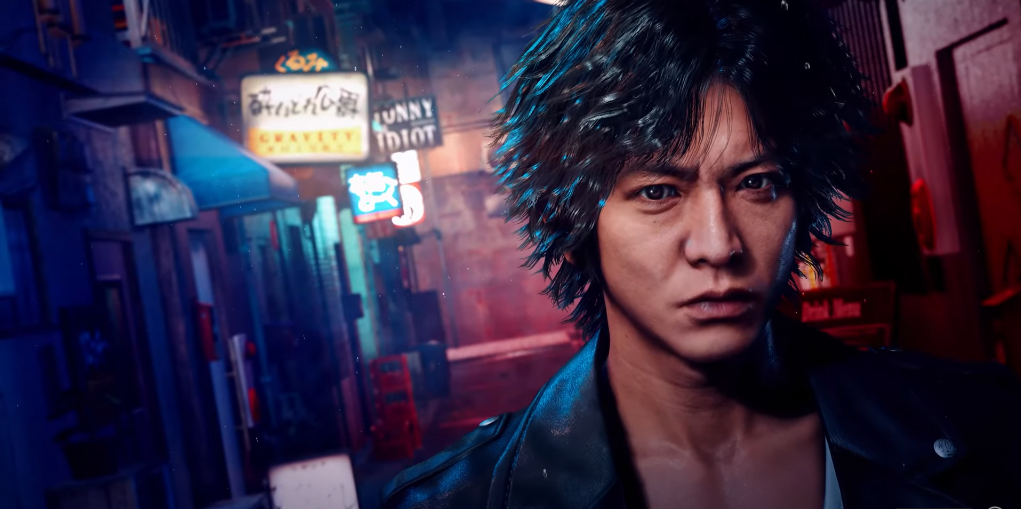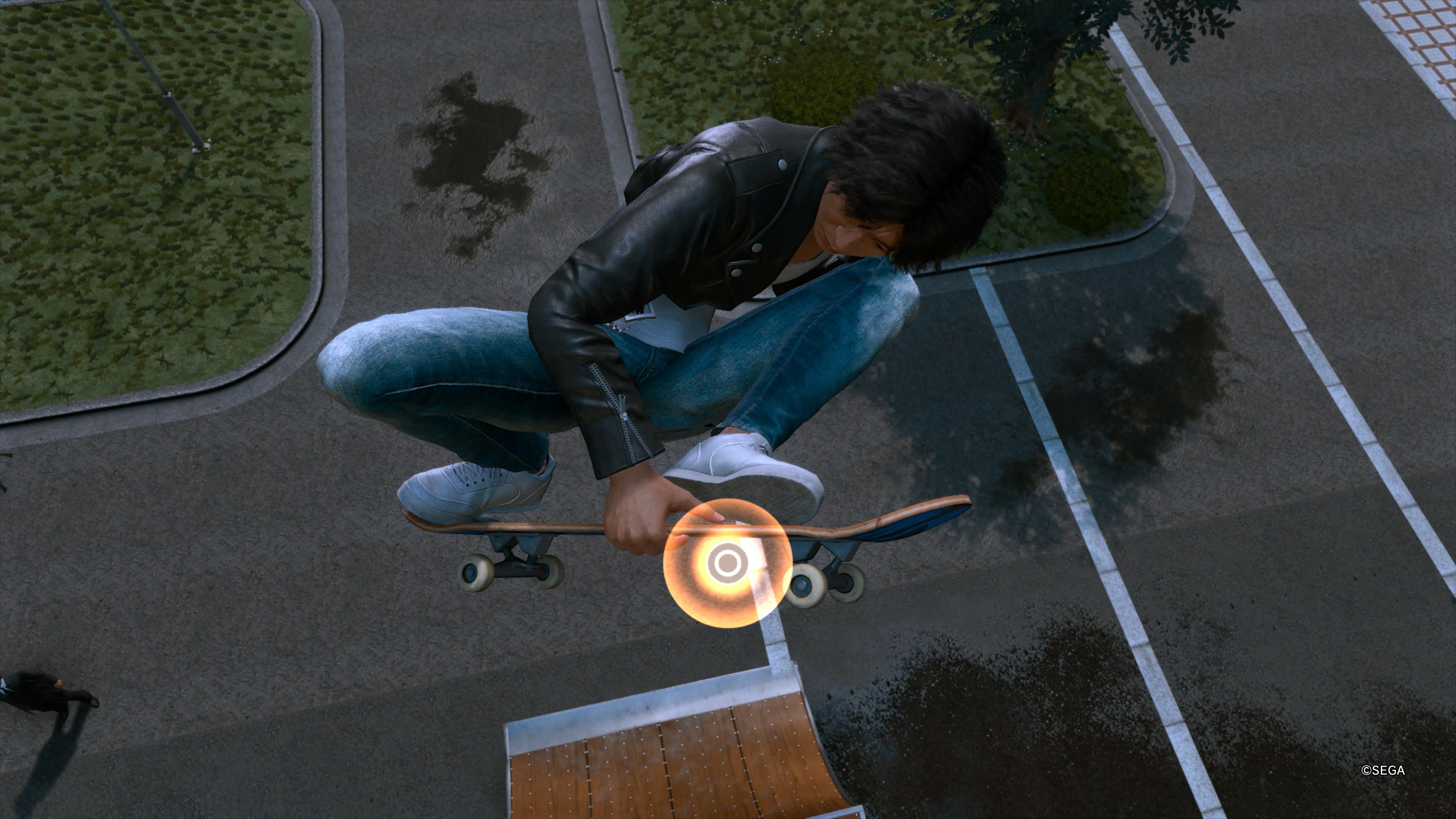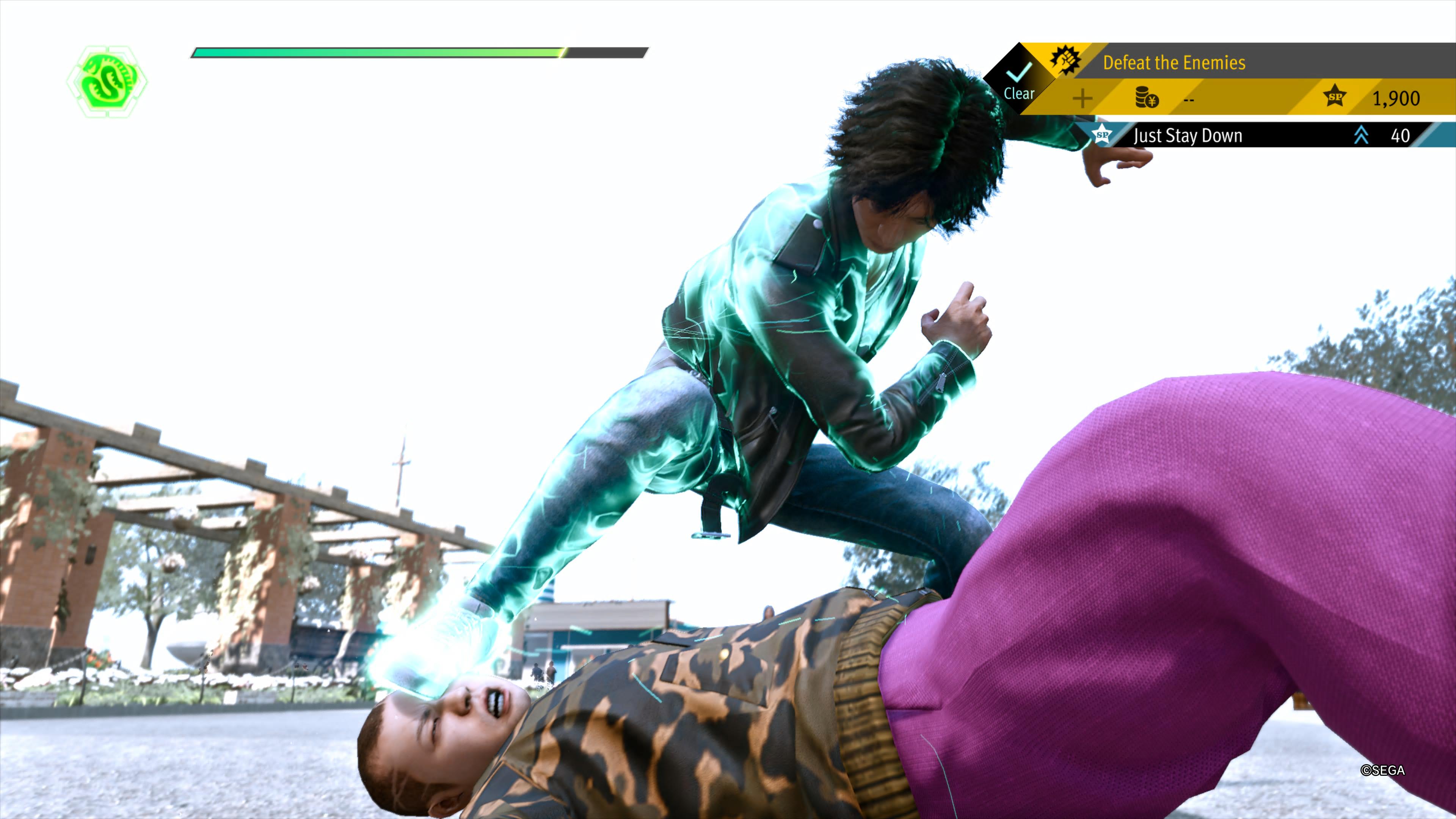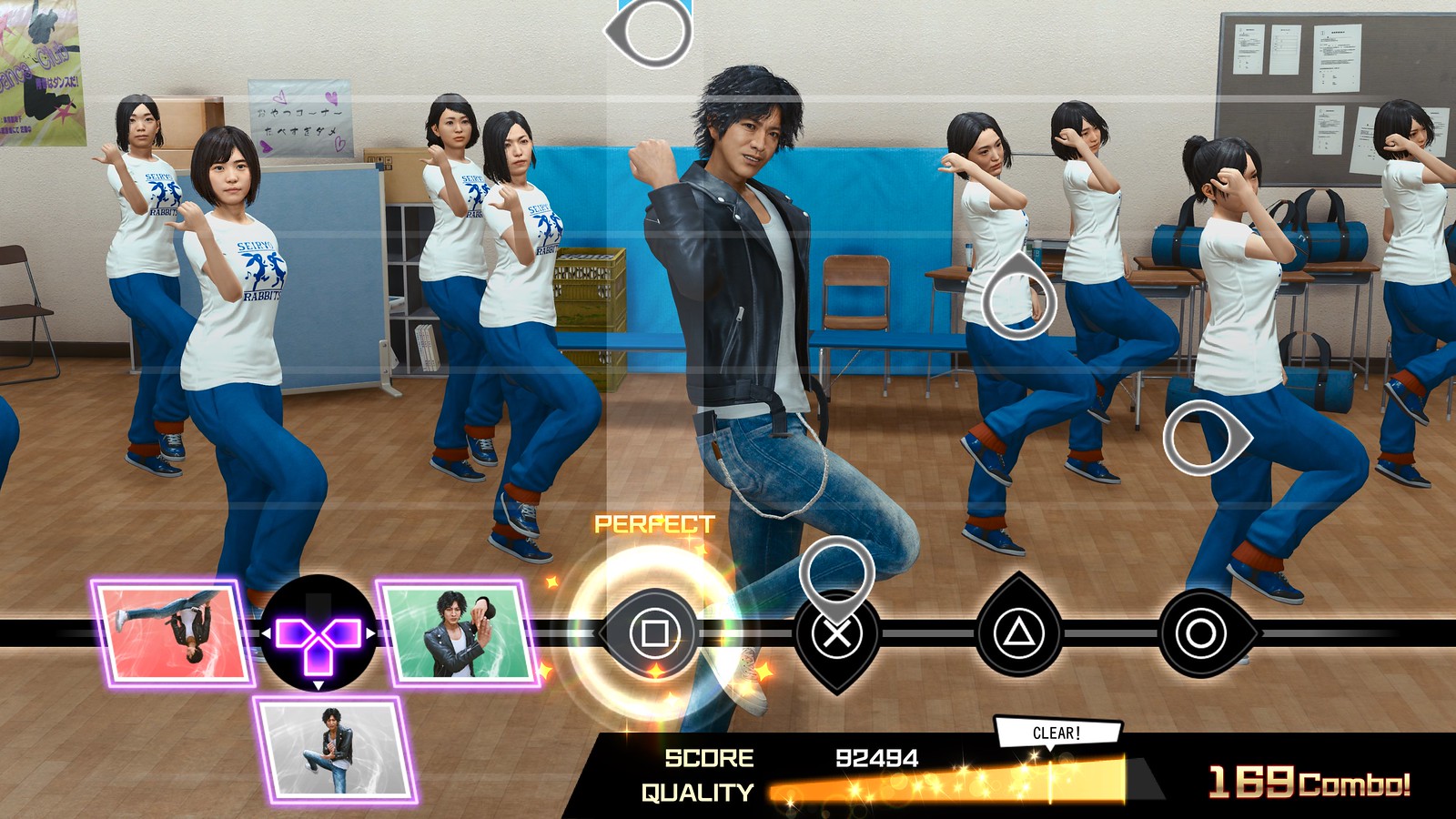2019’s Judgment was one of my favorite games that year. As a whole, the Yakuza series it’s based on has some great story moments, but as a spin-off, Judgment takes things to the next level with a brilliant plot and shining cast of characters. Incorporating Yakuza’s real-time brawler combat is just icing on the cake.
Two years later, we have Lost Judgment, a direct sequel that sees protagonist Takayuki Yagami return as the street-smart detective he is. Even if it falters in places, it’s a good follow-up, and as Yakuza leaves behind its real-time combat for turn-based fighting, Lost Judgment embraces it, allowing it to preserve an important element of the overarching franchise while differentiating itself all at the same time.
Lost Judgment Review: Justice is Served Once Again
Lost Judgment’s story is about forgiveness and retribution. A man named Akihiro Ehara is accused of sexual harassment, but as his sentence is being delivered, he tells the judge about the location of a dead body found in Ijincho.
This revelation launches the game’s main plot, where Yagami must figure out the significance of the dead body and Ehara’s knowledge of it.
While Lost Judgment‘s plot is good, it doesn’t hold a candle to its predecessor’s — the twists are more predictable here. And some members of the old cast get the short end of the stick, missing out on new development opportunities.
The eventual primary antagonist is compelling, however, with an interesting backstory and motivations. It helps that their motion capture and voice-over work in concert to create a very charismatic performance.
In Judgment, Yagami is restricted to exploring the Kamurocho district mainly, which is the primary setting of the Yakuza series. Now, he’s able to explore Ijincho as well, the central location of Like a Dragon. Kamurocho can grow weary, especially for series veterans who’ve experienced the district many times over, and since little of Kamurocho has changed in Lost Judgment, Ijincho provides a breath of fresh air.
The series is well known for its goofy sidequests and minigames balancing out the dark and serious plot, and Lost Judgment is no different. They’re all just as fun and enjoyable as ever, and Ryu Ga Gotoku takes the opportunity to add in some new ones as well.
Since bullying is a central theme in Lost Judgment, Yagami can now visit the Seiryo High School campus to solve cases through the Mystery Investigation Club called “School Stories.” The school also offers new minigames, with Yagami participating in various after-school club activities like performing choreography with the dancing club or fighting in a ring with the boxing club.
And there are certain side quests that can trigger collectibles scattered throughout the city, adding a bit more exploration that wasn’t in previous games.
Judgment tried to differentiate itself from the mainline Yakuza games by adding more detective-like mechanics; Yagami tails suspicious individuals around the city and engages in first-person crime scene investigations. There, the tailing feature is excruciatingly slow, leading to some incredibly dull sequences.
The crime scene investigations, too, are simple point-and-click affairs; looking at a murder victim’s body to gain some background information, searching a room for clues, a murder weapon, or signs of entry. It’s straightforward and inoffensive but lacks the depth you see in games like Ace Attorney or Danganronpa.
They both return in Lost Judgment. The crime scene investigations remain largely unchanged, for better or worse, but fortunately, Ryu Ga Gotoku has dialed back the tailing missions considerably, though they’ve replaced them with dreadful mandatory stealth missions.
The mechanic for these works like almost every other iteration you’ve seen in other games: You hide behind objects and wait for gang members and police officers to turn their backs during their predetermined patrol patterns. You can throw a coin or smoke bomb to distract them and then choke them out.
It’s a very barebones implementation of a stealth system, but the mandatory story missions that focus on these aren’t too long.
Another new feature is that Yagami can now grab onto and grip ledges and pipes. When he grabs onto something, there’s a grip meter that indicates how long he can hold on.
One new traversal mechanic that shines is Lost Judgment‘s skateboarding. Once unlocked (which comes quite early), it provides an alternative to running and fast travel, striking a balance between the two. If you want to see the city, it’s a good way to go, and enemies on the street won’t engage with you either.
The real-time brawler combat in Lost Judgment stays more or less unchanged from its predecessor. You can beat up enemies, block attacks, and use the environment around you to perform “Heat Actions”, which are special cinematic moves like slamming a signpost into your opponent.
Previously, Yagami had two fighting styles: the tiger style and the crane style. The former focused on strong hits and one-on-one fights, which was helpful for boss battles. The latter had more wide-sweeping attacks to deal with groups of enemies. Now, there’s a new third style added to Lost Judgment: the snake style. This is more defensive and focuses on unarming enemies.
It’s fun to wail on regular thugs on the streets of Kamurocho and Ijincho, but bosses are another story. Even on the easiest difficulty, boss battles require precision and timing to get any hits in, and dodging and blocking are paramount.
They’ll often counterattack if you whiff a big move, and they end up doing a lot more damage than you’d expect. The uptick in difficulty definitely makes the boss fights memorable and more impactful.
Through all of this, Yagami can also earn skill points (SP), used to unlock new abilities in and out of battle, by doing pretty much anything. He’ll earn SP after fights, when completing side quests, and by achieving certain objectives in minigames.
He can, for example, unlock the ability to jump off walls and attack enemies or escape chokeholds if someone has him pinned down. He can also use SP to increase his maximum HP or increase his attack stat. Yagami can unlock the ability to eat more foods at restaurants or even hold down more alcohol, adding a ton of variety to the system.
Lost Judgment— The Bottom Line
Pros
- Main antagonist is compelling and charismatic
- Fun combat and tons of content to explore between the two cities
- Emotional vocal performances along with great visuals
Cons
- New detective features like stealth missions feel tacked on
- Some of the returning characters don’t get much focus
- The story isn’t as good as the first game’s
Presentation-wise, the densely-populated Kamurocho and Ijincho really help make the city feel alive. The side quests available in each area add to the already fantastic sense of worldbuilding on top of the already impressive realistic visuals.
In the English voice track, characters’ lips and mouths aren’t as well synchronized with the script as Yakuza: Like a Dragon’s are due to the time constraints that come with a simultaneous global launch. But it’s not something that detracts from the stellar performances from the voice cast; they are still incredibly emotional and moving.
The game runs at a stable framerate, and there aren’t really any performance issues on the PlayStation 5 version. There are still some small load times when going to different locations, but it’s nothing bad.
It can be argued that Lost Judgment is too similar to its predecessor, just with some new mechanics tacked on. However, the game once again delivers a decent narrative and cast of characters. With the core gameplay and side quests remaining delightful, Lost Judgment is a good follow-up.
[Note: SEGA provided the copy of Lost Judgment used for this review.]











Published: Sep 13, 2021 02:46 pm